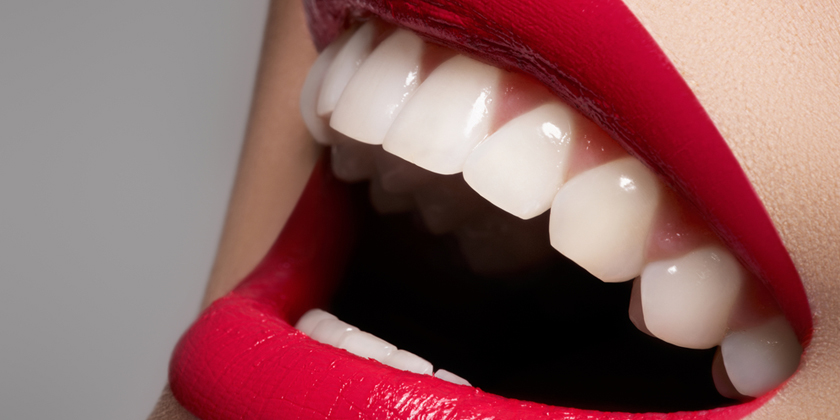There are a bunch of teeth whitening myths floating around the Internet. Some of those myths come with questions like “Do any natural remedies exist?” “Is whitening harmful to your enamel?” “Should I whiten my teeth professionally or through a simple DIY procedure?” and more. Check out the following information, and hopefully you will find the answers you seek to those common questions and myths.
Natural Whitening Remedies
You might have seen various bloggers and vloggers rave about natural remedies on social media sites. For example, the combination of lemon juice and hydrogen peroxide. The truth is that these remedies do not work. They can cause more harm to your dental health. Harsh chemicals can disrupt the ratio of good to bad bacteria in your mouth. As lemons are acidic, they can hurt your teeth by eating away at your teeth enamel. If you stick with this method to whiten your teeth, you may end up doing permanent damage to your teeth.
Rinsing with Hydrogen Peroxide
Ask anything dentist about rinsing your mouth with hydrogen peroxide, and you will get a big NO. When a concentrated dose of hydrogen peroxide comes into contact with the tissues of your mouth and gums, they can cause free radical reactions. These reactions are responsible for aging living tissue! So no. Rinsing your mouth solely with this chemical is never a good idea.
Using Whitening Strips
Bleaching products are known to contain chemicals such as hydrogen peroxide and carbamide peroxide. If you plan to use such products for teeth whitening purposes, you should expect to experience side effects like tooth sensitivity. This happens because bleaching product chemicals go through the enamel and whiten the tooth from the inside-out. Dentists recommend that you switch to custom whitening trays as they help prevent unnecessary gum contact. In addition, the treatment can better reach the curves of your teeth.
Using Whitening Toothpaste
The least honest side of whitening toothpaste is not always shown. It’s a fact that very few dentists endorse the idea of using whitening toothpastes because of their ineffectiveness. Yes, whitening toothpastes do contain some bleaching agents. Even with the right sort of chemicals, nothing will happen if they are not exposed to your teeth long enough. These chemicals should be in contact with the teeth for at least 20 minutes before a color change can happen.
Next, there are other toothpastes that use physical abrasives to remove surface stains. You should avoid toothpastes that comprise abrasives because it is like using sandpaper on your teeth that scrapes away dentin and enamel, i.e. removing the tooth structure.
Interested in Whitening Your Teeth for a Better Smile?
When it comes to teeth whitening, remember that slow and steady wins the race. If you extensively bleach your teeth, you can damage to your enamel. All treatments must be carried out based on your dentist’s instructions. For example, your dentist may recommend that you utilize a low potency whitening gel over the course of a few weeks. Start by taking consistent preventative care of your teeth, i.e. brushing and flossing daily. When you brush you should brush all the surfaces of your teeth over a full two minutes.
If nothing seems to work, all hope is not lost. At Dr. Alex Rubinov, we specialize in an array of cosmetic dentistry procedures, teeth whitening included. Allow us to assess your dental needs and goals by scheduling an initial consultation with us!

